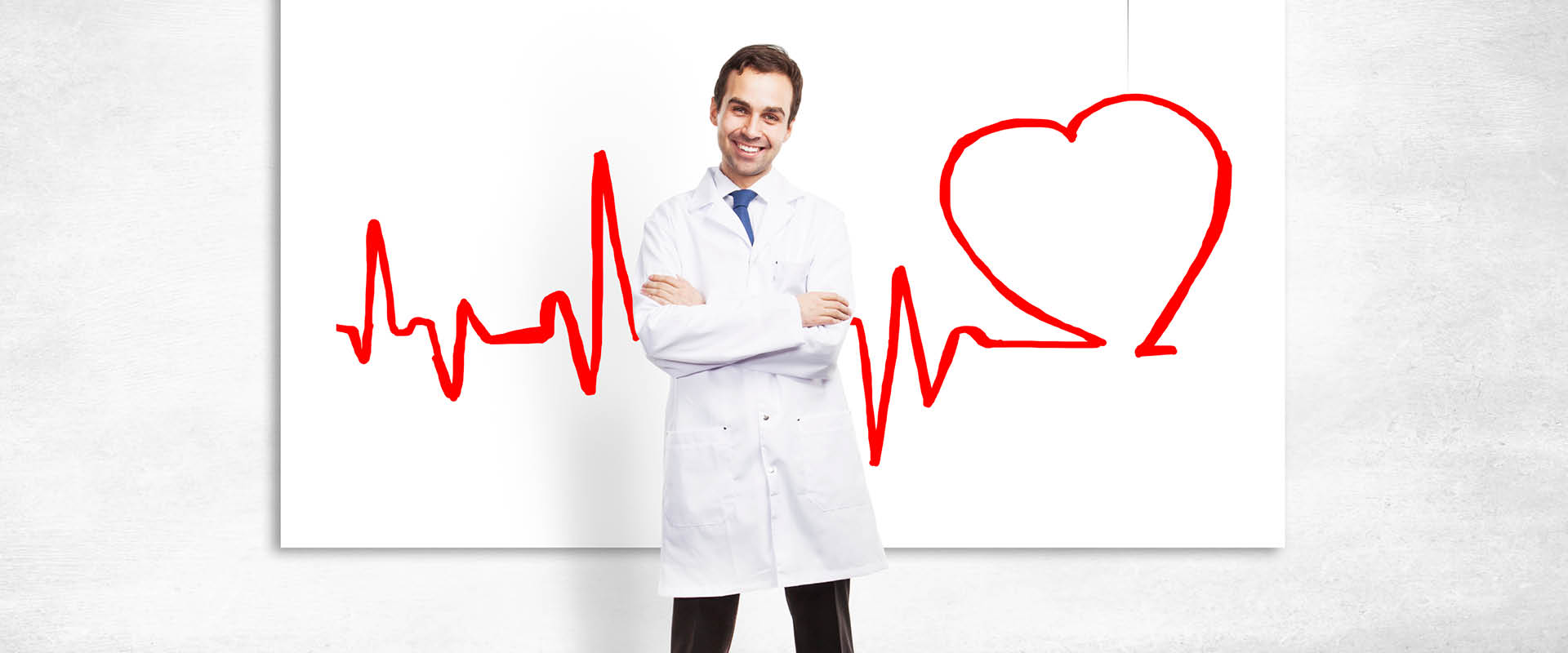The Link Between Oral Health and Heart Disease
A lot of people, even dentists, don’t recognize the connection between tooth decay and heart disease. Poor oral health and heart disease go hand in hand and tend to be emblematic of other major health issues. Explaining this to your patients can be a difficult process due to the lack of public information about the issue. Luckily, there are plenty of resources we can use in order to educate patients while they’re in our practice and more willing to learn about these health connections.
A routine teeth cleaning is a great place to impart some of this information, as it also allows patients to ask questions in a non-threatening environment, then take that information home with them. Starter conversations and educational booklets can include the following topics/facts:
- If your patient has bleeding gums, explain to them about the vascular nature of the blood vessels in their mouth, and how close they are to major organs like the brain and heart. Plaque buildup on the teeth that causes bleeding is relative to plaque buildup in the arteries that lead to heart disease.
- Bacteria in the mouth can enter the bloodstream and cause issues like inflammation and infection that can exacerbate issues with other parts of the body. Having too many unresolved cavities or frequent bouts of gingivitis are good examples of this.
- Diabetes risk is heightened for patients that have consistently poor hygiene due to the inflammation that occurs with infection.
Explain to patients about the benefits of oral hygiene in a manner that is relative to their overall body health. Having clean teeth is similar to having a “clean” body; eating good foods, getting enough sleep, exercising, etc. Most people understand that eating well and exercising are beneficial to them, but they may not necessarily expect that their oral health is a direct tie to that.
Because patient education requires repetition and consistent discussion, remember to include the “big three” of oral health, either as a document in your offices or with each take home bag:
- Brush at least twice a day.
- Floss daily.
- See your dentist regularly for cleanings and checkups.
As dentists, our responsibility in the medical industry is to inform patients about how to make their lives better. When we are imparting that knowledge on those whom we see regularly, our business thrives. Communication is key to achieving that level of respect and trust, and nothing is more helpful than teaching our patients how to live better, longer lives.







0 Comments